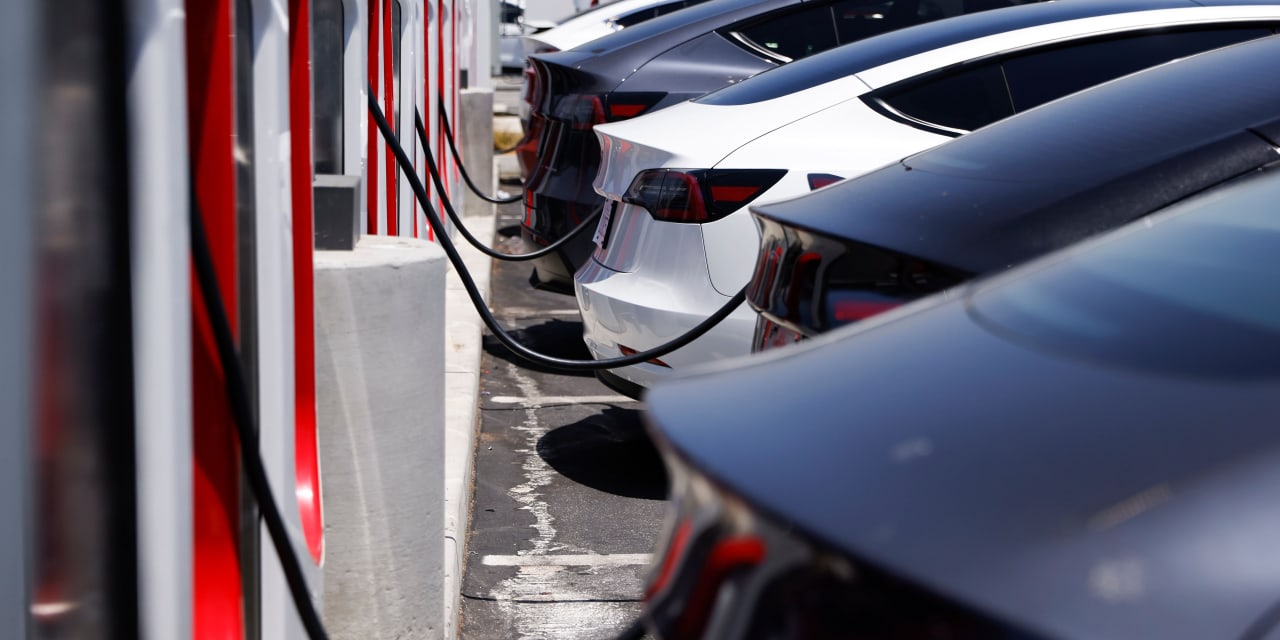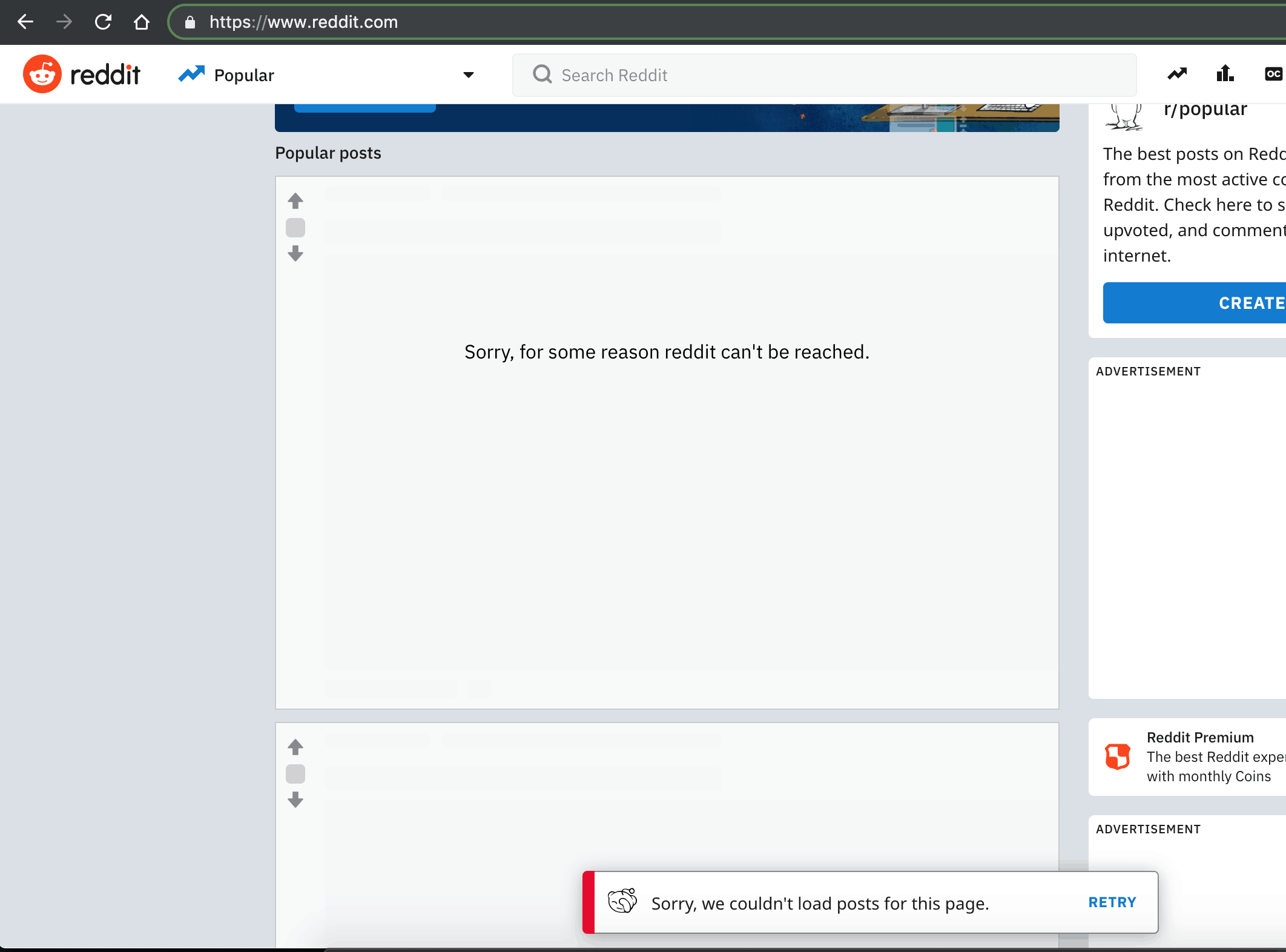Car Dealers Intensify Fight Against EV Sales Mandates

Table of Contents
Economic Concerns Fuel Dealer Opposition to EV Mandates
Dealers argue that the rapid push for EV adoption presents significant economic challenges that threaten their very existence. These concerns are not simply about short-term adjustments, but about the long-term viability of their businesses in a rapidly changing market.
Impact on Profit Margins
Dealerships contend that EVs often have lower profit margins compared to gasoline-powered vehicles, significantly impacting their profitability. This is due to several factors:
- Reduced service revenue: EVs have simpler mechanics than internal combustion engine (ICE) vehicles, resulting in less frequent and less complex service requirements, thus reducing a significant revenue stream for dealerships.
- Higher upfront investment in EV infrastructure: Dealerships need to invest heavily in specialized tools, equipment, and training to service EVs, and in building or leasing charging stations to cater to the needs of EV owners. This represents a significant capital outlay with uncertain returns.
- Uncertainty surrounding the long-term demand and market viability of EVs: The market for EVs is still developing, and there's uncertainty about the long-term demand and the potential for rapid shifts in technology that could render current investments obsolete. This uncertainty makes it difficult for dealerships to plan for the future.
Investment in Inventory and Training
The transition to EVs demands substantial investments in new inventory and employee training, placing a considerable financial strain on dealerships.
- Need for specialized EV technicians and service equipment: Servicing EVs requires specialized knowledge and tools, necessitating significant investments in technician training and specialized equipment.
- Increased inventory costs due to higher EV manufacturing prices: The current cost of manufacturing EVs is generally higher than that of ICE vehicles, resulting in higher inventory costs for dealerships.
- Risk of unsold EV inventory if consumer demand lags behind mandates: If government mandates push EV sales faster than consumer demand grows, dealerships face the risk of being stuck with unsold EV inventory, tying up capital and potentially leading to losses.
Concerns Regarding Consumer Readiness and Infrastructure
Beyond the economic challenges, dealers emphasize the significant hurdles related to consumer readiness and the lack of supporting infrastructure.
Consumer Demand and Charging Infrastructure Gaps
Dealers argue that current consumer demand for EVs doesn't align with the aggressive targets set by many EV sales mandates. This disparity is exacerbated by the insufficient charging infrastructure, particularly outside urban areas.
- Range anxiety remains a major barrier for EV adoption: The limited range of many EVs and the fear of running out of charge, particularly on longer journeys, remains a significant deterrent for potential buyers.
- Uneven distribution of charging stations, especially in rural areas: The lack of convenient and reliable charging infrastructure, especially in rural and less populated regions, hinders wider EV adoption.
- High upfront costs of purchasing EVs: The higher initial purchase price of EVs compared to gasoline-powered cars remains a barrier for many consumers.
Lack of Consumer Education
Dealers highlight a significant gap in consumer understanding of EVs, their features, charging processes, and maintenance requirements, leading to reluctance in purchasing.
- Need for increased public awareness campaigns about EV benefits: Targeted public awareness campaigns are needed to educate consumers about the benefits of EVs and address common misconceptions.
- Importance of comprehensive consumer education programs: Dealerships and other stakeholders need to provide comprehensive education programs to equip consumers with the knowledge they need to make informed decisions.
- Addressing misconceptions about EV performance and maintenance: Many consumers have misconceptions about EV performance, charging times, and maintenance requirements. These misconceptions need to be addressed through targeted education efforts.
Lobbying Efforts and Political Pressure
Facing these economic and consumer-related challenges, car dealers are actively engaging in lobbying efforts and political action to influence the implementation and potentially overturn or modify EV sales mandates.
Industry Associations and Political Action
Dealerships are forming coalitions and engaging in direct lobbying efforts to present a united front against mandates they see as economically damaging and prematurely implemented.
- Formation of coalitions to present a united front against the mandates: Industry associations are coordinating lobbying efforts to amplify the voice of dealers and present a united front.
- Direct lobbying of government officials and legislators: Dealerships are engaging in direct lobbying efforts to influence policymakers and shape the debate surrounding EV mandates.
- Public relations campaigns to sway public opinion: Dealerships are utilizing public relations campaigns to shape public opinion and garner support for their position.
Legal Challenges and Regulatory Scrutiny
Some dealer groups are exploring legal challenges to contest the legality and enforceability of EV sales mandates.
- Challenges based on economic hardship and constitutional rights: Legal challenges may focus on the economic hardship imposed by the mandates and potential infringements on constitutional rights.
- Focus on the potential for undue government overreach: Dealerships may argue that the mandates represent undue government overreach into the private sector.
- Scrutinizing the environmental impact of rapid EV adoption: Some legal challenges may focus on the environmental impact of the rapid transition to EVs, questioning whether the environmental benefits outweigh the economic and social costs.
Conclusion
The fight against EV sales mandates is intensifying, with car dealers raising valid concerns about economic viability, consumer readiness, and infrastructure limitations. While the transition to electric vehicles is crucial for environmental sustainability, a more balanced and gradual approach, considering the challenges faced by dealerships and consumers, is essential. Understanding the nuances of this conflict is crucial for shaping a future where EV adoption is both environmentally beneficial and economically sustainable. Continue to stay informed about the evolving landscape of EV sales mandates and their impact on the automotive industry. The debate surrounding electric vehicle regulations is far from over, and its outcome will significantly shape the future of automotive sales.

Featured Posts
-
 Late Game Heroics Riley Greenes Two Ninth Inning Home Runs Defeat Angels
May 18, 2025
Late Game Heroics Riley Greenes Two Ninth Inning Home Runs Defeat Angels
May 18, 2025 -
 Reddit Down Thousands Of Users Affected Worldwide
May 18, 2025
Reddit Down Thousands Of Users Affected Worldwide
May 18, 2025 -
 The Cardinals Opener Analyzing The Jansen Pitching Matchup
May 18, 2025
The Cardinals Opener Analyzing The Jansen Pitching Matchup
May 18, 2025 -
 This Weeks New Music Ezra Furman Billy Nomates And Damiano David
May 18, 2025
This Weeks New Music Ezra Furman Billy Nomates And Damiano David
May 18, 2025 -
 Pregnant Cassie Ventura And Husband Alex Fine Make Public Appearance At Mob Land Premiere
May 18, 2025
Pregnant Cassie Ventura And Husband Alex Fine Make Public Appearance At Mob Land Premiere
May 18, 2025
Latest Posts
-
 Bowen Yang Speaks Out Against The Painful And Detrimental Effects Of Conversion Therapy
May 18, 2025
Bowen Yang Speaks Out Against The Painful And Detrimental Effects Of Conversion Therapy
May 18, 2025 -
 Shreks Bbc Three Airtimes A Complete Guide
May 18, 2025
Shreks Bbc Three Airtimes A Complete Guide
May 18, 2025 -
 Bowen Yang Addresses Shane Gillis Snl Firing Rumors
May 18, 2025
Bowen Yang Addresses Shane Gillis Snl Firing Rumors
May 18, 2025 -
 Shrek Full Episode Listings On Bbc Three
May 18, 2025
Shrek Full Episode Listings On Bbc Three
May 18, 2025 -
 The Wedding Banquet A Fresh Look At Asian American Lgbtq Identity
May 18, 2025
The Wedding Banquet A Fresh Look At Asian American Lgbtq Identity
May 18, 2025
